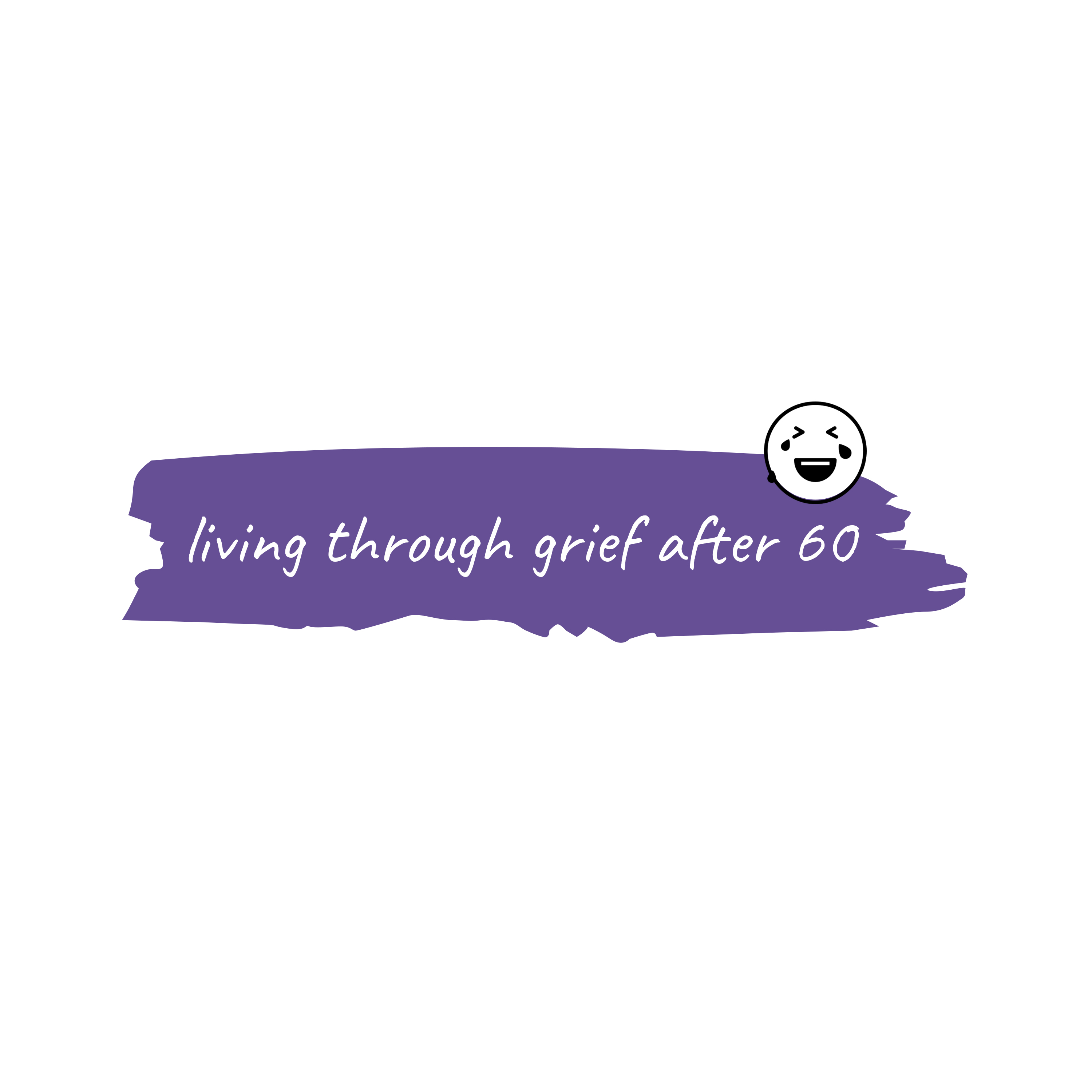Two days before Mother’s Day 2016, my brother’s mother-in-law, Jennifer*, committed suicide after taking an overdose of pills. It was 2 1/2 months after her husband, Bill*, died after a long illness. Jennifer was with the family five weeks later on Easter Sunday, and, ironically, had planned on going on a day trip on Mother’s Day weekend. Instead, she chose to join Bill in death instead of allowing her family to support and comfort her after losing Bill. Sadly, it was not her first suicide attempt following Bill’s death.
Mary Kent, a consultant for Population Reference Bureau (PRB) in 2010, wrote that older adults are most likely to carefully plan their suicide, and succeed. Older adults, Kent continues, are more likely to have a lack of social interactions, which can ultimately lead to loneliness, and suffer from undiagnosed or untreated depression. Depression in seniors can be exacerbated by the trauma of losing a spouse and/or living with a chronic illness.
The reaction of loved ones after a suicide ranges from sadness and bewilderment to anger that the person who committed suicide was selfish and didn’t care about anyone but themselves. A more sympathetic reaction to a loved one who committed suicide is that they were not in their right mind when they committed the unthinkable. The belief continues today that the act of taking one’s own life itself is unpardonable. However, it is acknowledged that the person who committed suicide must have been so troubled that he/she believed without a doubt that suicide was easier than facing whatever loss they suffered, whether it was their health, loss of employment, or the loss of a spouse.
It has been said that “suicide is the permanent solution to a temporary problem”. Douglas Bloch, writing for Mad in America in 2014, had the following personal message for anyone either considering suicide or knew someone who was considering taking his or her own life:
If you are going through hell, don’t stop.
As long as you are breathing, there is hope.
As long as day follows night, there is hope.
Nothing stays the same forever.
Set an intention to heal,
reach out for support, and you will find help.
Bloch also suggested that a suicidal person reach out to loved ones to talk about it. Talking to someone about seemingly insurmountable problems can make all the difference on avoiding an act that cannot be taken back once it occurs; Silent Grief: Living in the Wake of Suicide Revised Edition helps explain the unique grief that comes with suicide and being unable to talk about the way one can when someone dies due to illness or an accident not their fault; it makes all the difference on feeling hopeful that someone can continue on, even though it momentarily seems impossible. This is a message that anyone who is thinking of committing suicide should reflect on, regardless of age.
If you or a loved one is considering committing suicide, please call the National Suicide Prevention Hotline at 1-800-273-TALK(8255) 24/7.
*Not their real names
Silent Grief: Living in the Wake of Suicide Revised Edition

